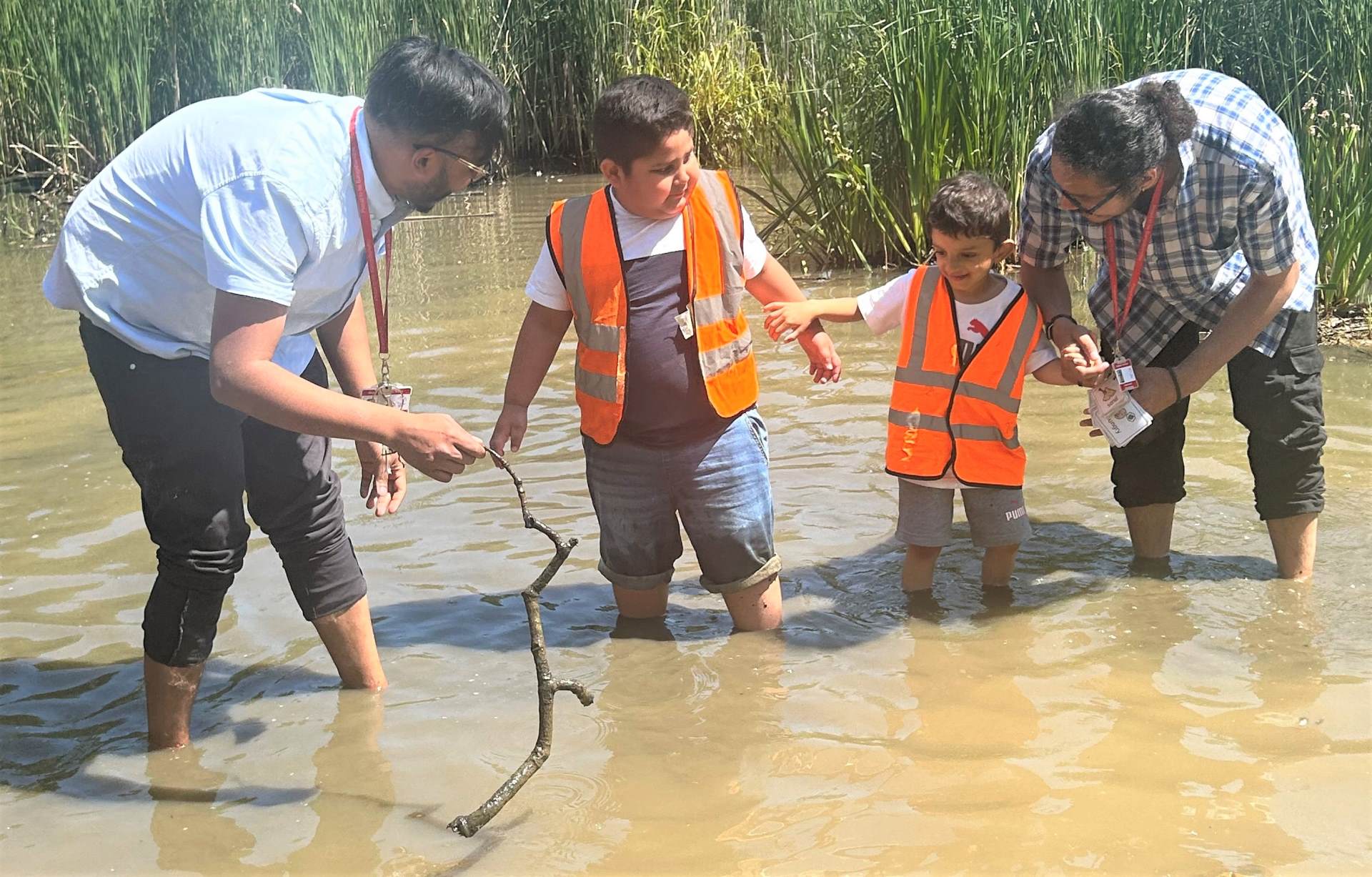Behaviour expectations & our character curriculum
Our Character Curriculum

Staff consistently apply the school’s behaviour policy. Pupils listen attentively and work hard in lessons. Behaviour does not disrupt learning and pupils are keen to earn rewards for meeting teachers’ expectations.(Ofsted Report 2023)
Creating the best conditions for learning: Good Behaviour
Outstanding behaviour is essential at school, to enable children and their peers to learn effectively individually and collaboratively.
We insist on high standards of behaviour so that all children come to school feeling happy, safe and ready to learn. This is achieved by a clear behaviour policy and consistent re-enforcement of positive behaviour.
We always seek to promote good behaviour and character traits inside and outside the classroom to enable our children to be responsible and caring individuals. To foster positive behaviour and character traits children are rewarded through certificates, special privileges and taking responsibilities within the school community.
Occasionally, a child may not adhere to these expectations. In order to develop a child’s learning behaviour or their understanding of responsibility to the school community, sanctions are given. If a child continues to misbehave repeatedly or if their behaviour is rather more serious, then a member of the Senior Leadership Team will ask parents to come to school to talk about ways of resolving the inappropriate behaviour. Additionally, in some circumstances the school will use outside agencies to support children, families and the school with behaviour issues. Finally, in extreme circumstances children may be excluded for a fixed number of days or permanently.
Our Character Curriculum - The Bangabandhu Way
Pupils behave consistently sensibly. Leaders foster a positive and respectful school culture that encourages pupils to build strong, positive and professional relationships with staff. Pupils follow routines tightly.
We explicitly teach good behaviour and character traits in the same way we teach other areas, through a curriculum. We call our charcater curriculum 'The Bangabandhu Way'.
The process we follow for teaching behaviour explicitly is:
1. Identify the routines you want to see.
2 Communicate in detail your expectations.
3. Practise the routines until everyone can do them.
4. Reinforce, maintain and patrol the routines constantly.
The Bangabandhu Way character curriculum is taught weekly in a planned and sequential manner througout each year from Nursery to Year 6.
We expect all our pupils to be Good Bangabandhu Citizens and follow all of our Golden Rights. To be a Good Bangabandhu Citizen you must follow 3 overarching principles of behaviour. They are:
- Be Respectful
- Be Responsible
- Be Ready to Learn
What does being a Good Bangabandhu Citizen mean?
|
BE RESPECTFUL |
BE RESPONSIBLE |
BE READY TO LEARN |
|
I show good manners This means:
|
I am honest This means:
|
I show that I am ready to learn This means:
Good Listening means:
|
|
I take responsibility for my own actions This means:
|
||
|
I use a kind tone of voice to others This means:
|
I take responsibility for my home learning This means:
|
|
|
I ask before taking This means:
|
I look after school property and our school environment This means:
|
Ways to support your child’s behaviour in school
- Become familiar with the behaviour policy and school values
- Listen to and ask for feedback from teachers
- Talk to us about anything in the policy you do not understand
- Be supportive of school decisions regarding your child’s behaviour
- Ensure that you have the same expecations as school - Children to be respectful, responsible and ready to learn. Conisistency between home and school is essential.
- Talk to a member of staff if you have any concerns
Bangabandhu's Golden Rights
- We respect the right to feel safe in body and mind (Article 19).
- We respect the right to be treated fairly and are always honest (Article 2).
- We respect everyone's right to be heard and listened to (Article 12).
- We respect everyone's right to join in (Article 15).
- We respect the right to be I n a safe, clean environment (Article 24 and 29).
- We respect the right to learn and let others enjoy their learning (Article 28).
Our Behaviour Policy is available to view here.
Our Anti Bullying Policy is available here.
